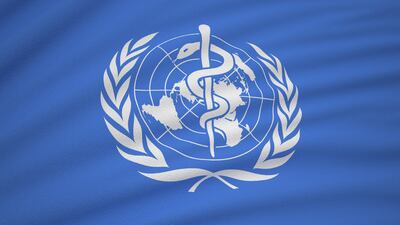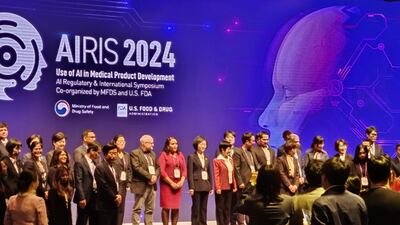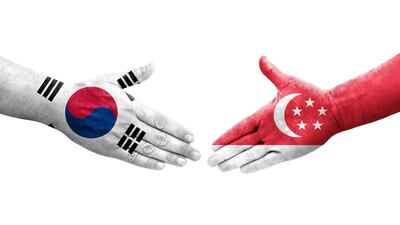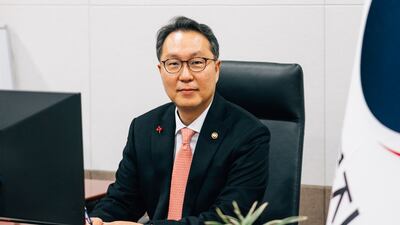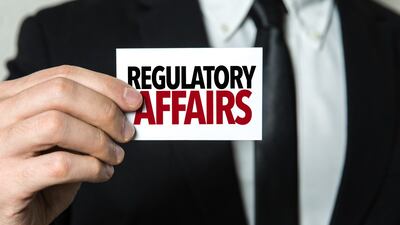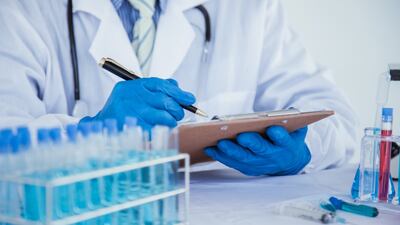South Korea
Under the new drug approval innovation measures, Korea will cut the review and approval period of new drugs to 295 days from 420 days and increase the number of expert reviewers to enhance review capabilities.
Long-running protests by South Korean doctors against government reforms, including raising medical school admissions, continue to intensify with a one-day rally by community doctors and the threat of an indefinite walkout later this month. The pharma industry is also feeling the impact on clinical trials and sales.
South Korea’s clinical trial approvals rebounded in 2023, but remained lower than the peak levels in 2020-21 amid then robust R&D activity related to COVID-19. Last year's tally showed a mix of single-country and multinational trials and reflected the ongoing dominance of oncology in industry pipelines.
The US Food and Drug Administration and the European medicines regulatory network, which includes the European Commission, the European Medicines Agency and 30 national agencies, are now WHO-Listed Authorities under a framework launched in 2022.
The EU and Korean authorities say the agreement will allow them to further develop moves towards mutual recognition and regulatory harmonization.
Experts discussed regulatory science issues at a recent forum in South Korea, including the responsibilities of sponsors and regulators as well as the need to strengthen collaborations and accelerate the development of innovative drugs and converged medical products.
Notable new drug approvals in South Korea last year included Pfizer’s Tukysa, Genentech’s Columvi and BeiGene’s Tevimbra, but the tally did not include any domestically-originated products. Alzheimer’s disease therapy lecanemab may be on the horizon this year.
During the first international symposium on the use of AI in medical products, co-hosted by US and Korean regulators, global experts discussed issues and challenges related to effective development and regulation. Cooperation, flexibility and the need for a "human-centric" approach emerged as key themes in the fast-moving field.
A new agreement signed between Singapore’s Health Sciences Authority and South Korea’s Ministry of Food and Drug Safety means drug manufacturers in the two regions will be subjected to fewer duplicative good manufacturing practice inspections.
South Korea’s healthcare services face both longer-term systemic challenges and short-term disruption from ongoing doctor walkouts over government plans to boost medical trainees. Meanwhile, the local pharma industry is calling for new measures to support the supply of essential drugs.
Steps to foster the biopharma industry, a regulatory science innovation law and a new pan-government policy control tower were among the highlights of policy and regulatory activity in South Korea in 2023 set to have an ongoing impact throughout this year.
A policy report by a major South Korean pharma industry association puts forward suggestions on what it will take for a new pan-government control tower to function properly.
South Korea’s Second Vice Minister of Health and Welfare Minsoo Park talks to the Pink Sheet about a broad range of issues including the government’s priorities for innovative R&D, as well as challenges in reaching these goals, measures to deal with the deterioration in biopharma investment sentiment and regulatory changes to support drug development.
The WLA nominations have kicked off a voluntary evaluation process intended to identify “reference” regulatory authorities and improve international reliance and cooperation.
Recent enforcement activities shed light on compliance challenges at ALI, UCB, Novo, Samsung, Nectar, Panacea and Beximco.
South Korea has formulated new detailed policy measures to support the formation of major bioclusters, which will offer tax and other incentives in a bid to lure foreign firms and talent.
Along with the passage of new regulatory science innovation legislation, South Korea is pursuing a broad range of initiatives to improve and shape its activities in the field to better keep abreast of rapidly advancing biopharma technologies.
The Pink Sheet takes an infographic look at South Korea's clinical trial trends in 2022 to illustrate how the country's biopharma R&D is developing and how activities are recovering in the post-pandemic situation. One key takeaway is that approvals for trial starts have fallen back to pre-COVID levels, suggesting a falling off of activity related to drugs and vaccines for the virus.
At a recent forum organized by South Korea’s drug ministry, participants discussed why a regulatory science-based approach is needed, what issues in this area are being faced by the country and which directions it should be headed.
A recent report suggests how the South Korean government’s role in boosting the biopharma industry should differ from other countries due to variations in the development stage and status of the components of the industry, requiring a more segmented and tailored approach as it strives for flagship status.




